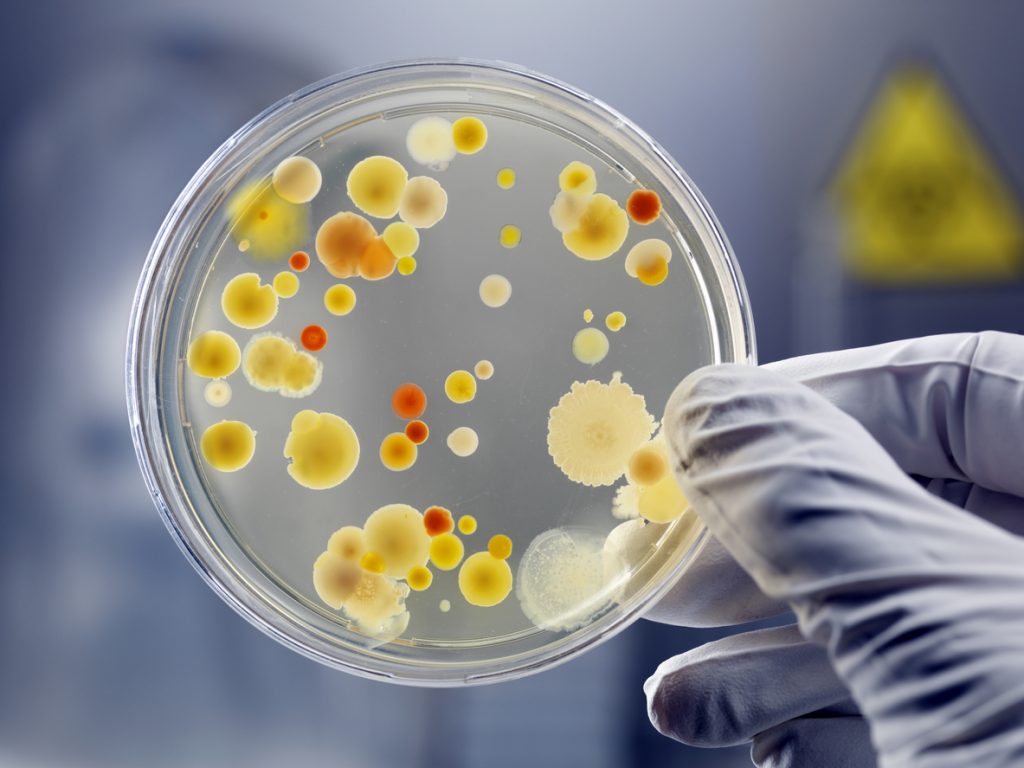A URINE test could in future help doctors determine if a man has a more aggressive form of prostate cancer, according to new research.
A team of scientists at the University of East Anglia in the UK have discovered five different types of bacteria in the urine that are much more common in men with fast-growing prostate tumours than slow-growing ones.
It’s not yet clear whether these bacteria are responsible for the severity of the cancer – or just happen to be found in higher quantities in men with more severe tumour types.
If they are partly to blame, then researchers hope it will lead to treatments – such as new or existing antibiotics – that might stop cancer in its tracks by halting the growth of the bacteria.
More than 50,000 men in the UK and 270,000 men in the US develop prostate cancer each year.
But even after having diagnosed the cancer it can be difficult for doctors to tell the fast-growing and aggressive tumours (‘tigers’), which need prompt and radical treatment, from the much slower growing cancers (‘pussycats’) that are unlikely to cause any problems.
Neither the PSA blood check, which measures levels of a prostate-specific protein in the blood, nor a biopsy to remove prostate tissue for lab testing, can reliably identify which cancers will be harmful.
The East Anglia University team, partly funded by the charity Prostate Cancer UK, were attracted to the idea that bacteria might be connected with prostate tumours because of evidence that bugs can cause other types of cancer.
The H. pylori bacterium, for example, is known as a cause of stomach cancer – yet it can be destroyed with a simple course of antibiotics.
The team studied more than 600 men with and without prostate cancer and pinpointed five different types of bacteria that were frequently found in the urine of those volunteers who developed severe, fast-growing malignancies.
Some were organisms that had never been identified before.

The team said the findings, published in the journal European Urology 0ncology, suggest the bacteria may play a pivotal role in tumour formation by making proteins that drive the development of more lethal tumours.
The next step is to confirm whether they actually affect cancer growth, or simply serve as a useful marker for more serious cases.
Senior research team associate Dr Rachel Hurst, said: ‘Among the things we don't yet know is how people pick up these bacteria, whether they are causing the cancer, or whether a poor immune response permits the growth of the bacteria.
‘But we hope our findings and future work could lead to new treatment options, that could slow or prevent aggressive prostate cancer from developing.
‘This could also lay the foundations for new tests that use bacteria to predict the most effective treatment for each man's cancer.’
Leading UK cancer charities hailed the breakthrough as a major step forward in prostate cancer understanding.
Dr Hayley Luxton, research impact manager at Prostate Cancer UK, said: ‘This is an exciting discovery that has the potential to truly revolutionise treatment for men.
‘We currently have no way of reliably identifying aggressive prostate cancers, and this research could help make sure men get the right treatment for them.
‘If the team can demonstrate that these newly identified bacteria can not only predict but actually cause aggressive prostate cancer, for the first time we may actually be able to prevent prostate cancer occurring.
‘This would be a huge breakthrough that could save thousands of lives each year.’
Dr Sam Godfrey, a spokesperson for Cancer Research UK, said: ‘More studies are needed to establish how these bacteria are involved in prostate cancer growth.
‘But this research could help lead to new screening and prevention tools that would help reduce the impact of these cancers on society.’




